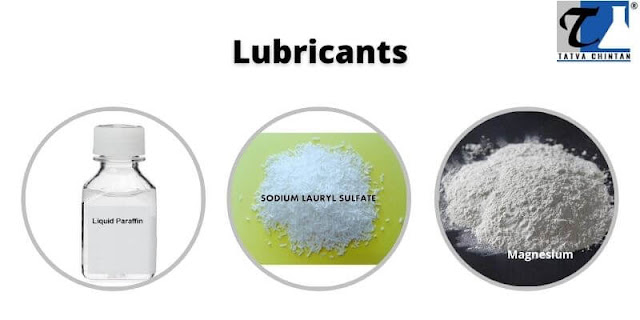Different Type Of Chemicals Used In Pharmaceutical Industry
Similar to any other major industry, the pharmaceutical industry is also considered one of the biggest contributors to a country’s economy. The pharma sector also provides great support to the healthcare sector. The pharmaceutical industry comprises multiple healthcare organizations, medical centers, and manufacturing units. The pharmaceutical industry is always in a need of different types of chemicals for manufacturing medicinal drugs and various medicines. There are different types of chemicals that are commonly used in the pharmaceutical industry. These chemicals are listed below. You can have a look at them and gather better insights about them.
#1 Binders:
These are the types of chemicals that are required by the pharmaceutical industry in order to provide adhesion to various chemical powders. These powders are then applied by direct compression and transformed into tablets. The binders are the chemicals that can be added in either dry form or in the form of a solution. Usually, solutions are observed to be more effective by industrial experts. The binders that are used in the pharmaceutical industry are usually available in the form of natural binders, synthetic binders, or sometimes in the form of semi-synthetic polymers.
#2 Disintegrant:
You might be familiar with the fact that the medicinal tablets or capsules we swallow must get dissolved by the gastrointestinal fluids of the body. Only then the medication will be able to affect the body and help us recover from our ailments. This speed of disintegration of the chemical in the body is dependent on the disintegrant chemicals used to manufacture the tablets. The disintegration level of the tablet is also the deciding factor for the solubility of the tablets into granules so that they could be absorbed by the gastrointestinal tracts. Depending upon the composition and medical guidelines, the medication will have a disintegrant that can either be a fast-dissolving agent or a slow-release agent. Fast dissolving tablet examples are ibuprofen, nimesulide, or medications meant for children and elderly people. Slow-release medication examples are codeine or morphine.
#3 Fillers:
Fillers are the type of chemicals that are used in the pharmaceutical industry that helps in the formulation of medicinal drugs. With the help of fillers, you can increase the mass of the drugs so that they could be easily compressed in the form of tablets or capsules. Fillers are not always required, but they are a great help when the main ingredients are unable to be easily compressed. Some examples of fillers that are used in the preparation of drugs are Saccharum Lactis, Amylum Manihot, Calcium Phosphate, Calcii Carbonas, and other suitable substances.
#4 Lubricants:
We all are familiar with the functioning of the lubricants as chemical substances — they are helpful in reducing friction. Well, just like its literal functioning, the lubricant chemicals are used for the same purpose in the pharmaceutical industry. They are helpful in decreasing the friction between the tablet’s surface and the substance compressed inside it. Lubricants are classified into different categories based on their solubility — whether they are soluble in water or insoluble.
The lubricants are mainly used in talcum, and these chemicals are magnesium, paraffin liquid, sodium lauryl sulfate, talc, and many others.
#5 Glidant:
These are the types of chemicals used in the pharmaceutical industry for improving the flow of chemical powders. They are usually used to compress the chemical powder but without any granulation process. Glidants are used during the formulation process so that the fluidity of the chemical powders would be maximum while they are being compressed into the tablets or capsules. Do you know which is the most popular glidant that is used in the pharmaceutical industry? It’s an Amylum. This particular glidant has multiple roles to play — it can be used not just as a glidant but also as a disintegrant that is not used more than 10% in any medicinal drug. Sometimes the experts also make use of talc as it is a better Glidant than starch.
Summary:
The pharmaceutical and chemical industry always work hand in hand — they require each other’s help to be successful in the market. Besides this, the pharmaceutical industry usually requires care, accuracy, precision, and quality in almost all the aspects of the production and manufacturing as well as the final sale of medicinal drugs. When the right chemicals are used in the manufacture of the drugs, it will be helpful to the people and various healthcare centers.






Comments
Post a Comment